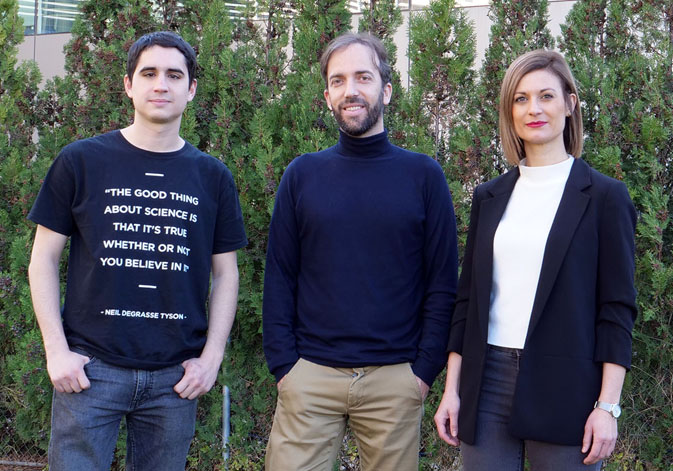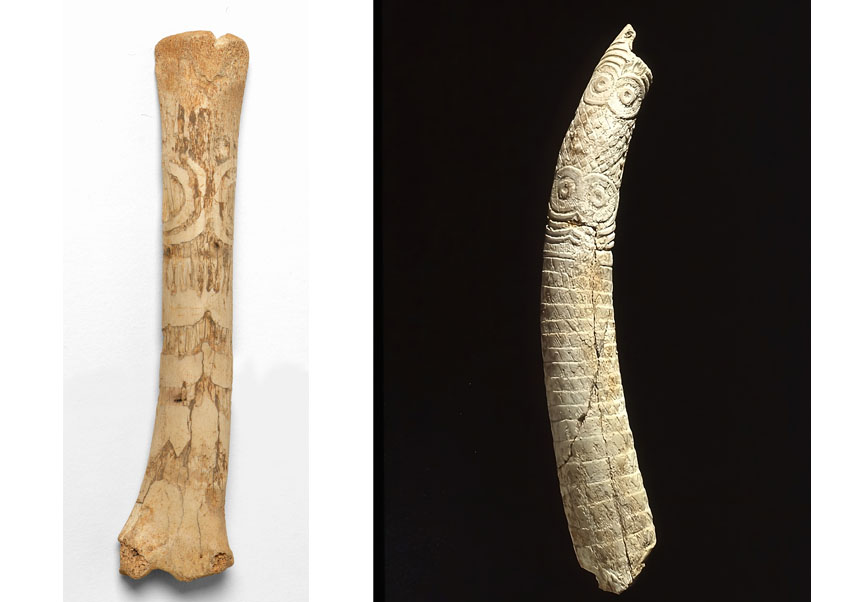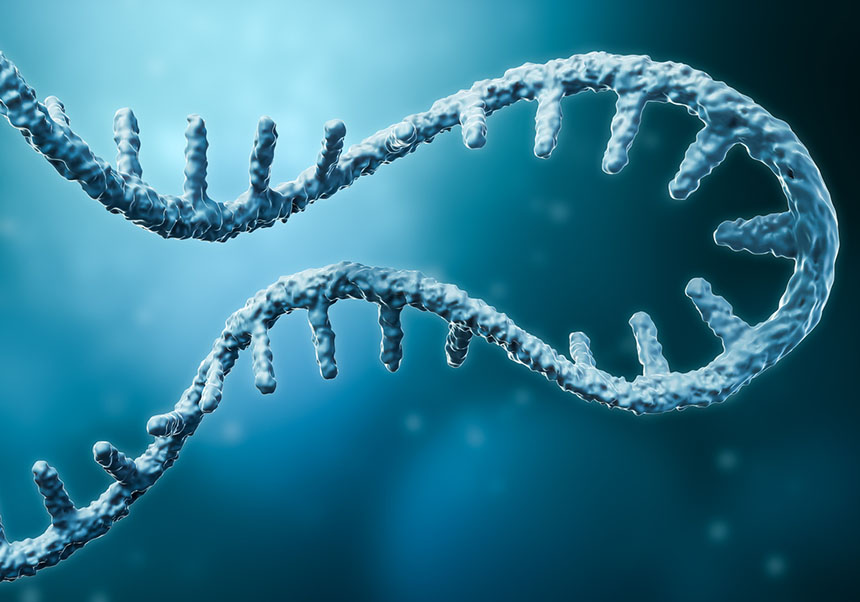Viruses interact socially with each other to evade the immune system
- Scientific Culture and Innovation Unit
- March 6th, 2019

Pilar Domingo, Ernesto Segredo, María Durán and Rafael Sanjuán, from the Institute of Integrated Systems Biology (I²SysBio), a mixed centre of the University of Valencia and the Spanish National Research Council (CSIC), they have shown that viruses behave altruistically to avoid the immune system. This research, published on Monday in Nature Microbiology and carried out in the vesicular stomatitis virus (VSV), has potential applications in the development of antiviral and vaccine treatments.
The study focused on the mechanisms used by the virus to evade the activity of the interferon, that is, the innate immune response that higher organisms have to block, in general, viral infections interfering with your replication. The research group has used the vesicular stomatitis virus to propose a model of social evolution that allows to study how natural selection acts to obtain the variants of the viruses that are able to block interferon.
Research has shown that viruses have evolved several mechanisms to avoid this activity at the same time that they modify the adaptation of other members of the viral population. Therefore, the interactions between viruses are of great importance for the evolution of the viral variants, and these are, clearly, a social process.
The results of the research, published in the journal Nature Microbiology, show that viruses interact socially with each other, and that the ecological and social principles that apply to other more complex organisms can also be applied to viruses. The work signed by Pilar Domingo, researcher at I²SysBio, has analysed the internal interactions of the vesicular stomatitis virus in mice, cell culture and computational modelling with simulations of complex systems using mathematical models.
According to the spokesman of the research group, although the analysis of interactions between viruses and host organisms is a common practice used to control disease or develop preventative measures, virus-virus interactions are still unknown. “In this work we show the altruistic capacity of the viruses, in which certain paths of escape from the immune system can be selected, although they may have a cost for viruses that encode this character”, said Pilar Domingo.
The research has been funded by the European Research Council (ERC) and the Juan de la Cierva Incorporación program, from the Ministry of Science, Innovation and Universities.
Complex biological systems
The Institute of Integrated Systems Biology (I2SysBio) is devoted to the study of complex biological systems, especially microorganisms, with applications mainly in biomedicine and biotechnology. The centre works through an innovative public-private research model and is located at the University of Valencia Science Park, on the Burjassot-Paterna campus.
Article:
Pilar Domingo-Calap, Ernesto Segredo-Otero, María Durán-Moreno & Rafael Sanjuán: «Social evolution of innate immunity evasion in a virus». Nature Microbiology (2019). DOI https://doi.org/10.1038/s41564-019-0379-8
File in: Recerca, innovació i transferència , Investigació a la UV , Internacionalització recerca , Difusió i comunicació científica , Cultura Científica , Grups de recerca
















